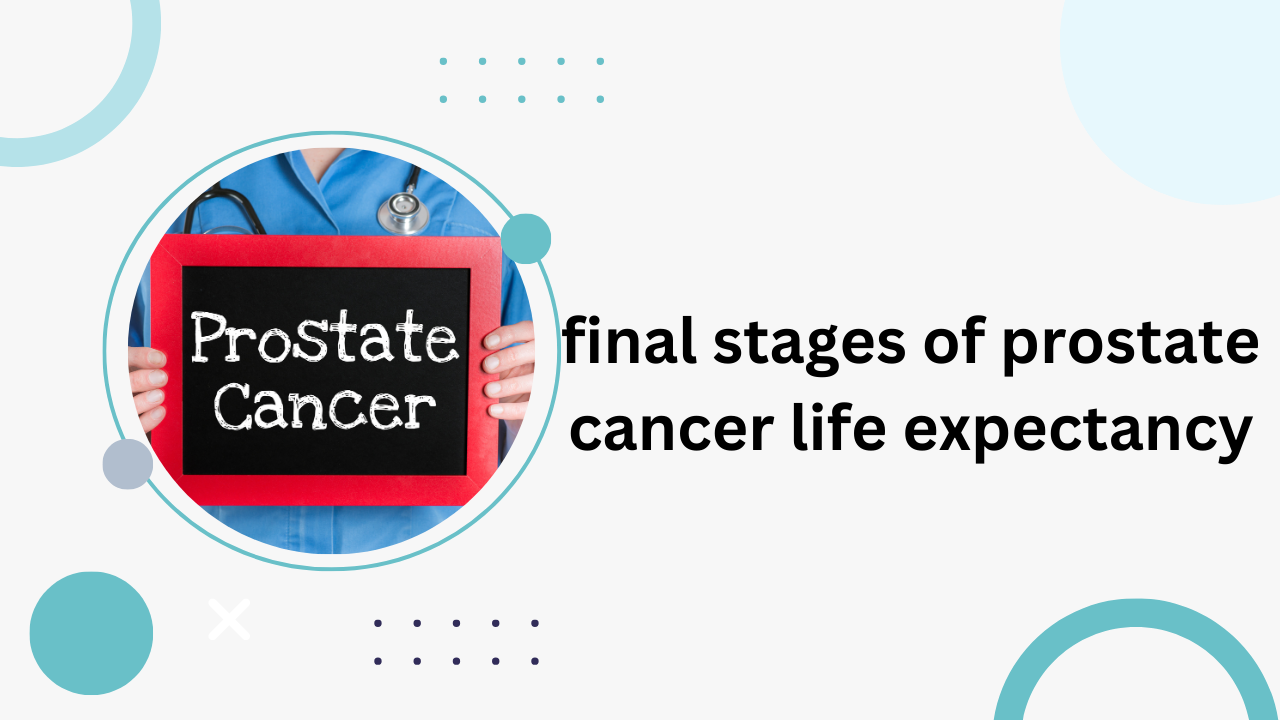- Introduction
- Understanding Prostate Cancer
- Progression to Advanced Stages
- Spread of Cancer
- Impact on Life Expectancy
- Factors Affecting Life Expectancy
- Health Status
- Treatment Response
- Palliative Care
- Coping with Advanced Prostate Cancer
- Conclusion
Introduction
Prostate cancer, like many other cancers, can progress to advanced stages, posing significant challenges and impacting life expectancy. Understanding the factors influencing life expectancy in the final stages of prostate cancer is crucial for patients and their families.
Understanding Prostate Cancer
Prostate cancer originates in the prostate gland, a walnut-sized organ located below the bladder in men. It typically progresses slowly, but in some cases, it may advance to more aggressive stages.
Progression to Advanced Stages
As prostate cancer advances, it may spread beyond the prostate gland to other areas of the body, such as the bones, lymph nodes, or other organs. This spread, known as metastasis, can significantly affect life expectancy.
Factors Affecting Life Expectancy
Several factors influence life expectancy in the final stages of prostate cancer. These include:
- Health Status: The overall health and well-being of the individual play a crucial role in determining life expectancy. Patients with other health conditions may have a shorter life expectancy due to complications or limitations in treatment options.
- Treatment Response: The response to treatment, including surgery, radiation therapy, hormone therapy, or chemotherapy, can impact life expectancy. Some patients may respond well to treatment and experience prolonged survival, while others may not respond as effectively.
- Palliative Care: Palliative care focuses on relieving symptoms and improving quality of life for patients with advanced cancer. Access to palliative care services can help manage pain, discomfort, and other symptoms, enhancing the patient’s overall well-being.
Coping with Advanced Prostate Cancer
Coping with advanced prostate cancer can be challenging for patients and their families. It’s essential to have open and honest discussions with healthcare providers about treatment options, goals of care, and end-of-life preferences. Seeking support from family members, friends, or support groups can also help individuals navigate this difficult journey.
Conclusion
In conclusion, the life expectancy in the final stages of prostate cancer can vary depending on various factors, including the extent of the disease, overall health status, treatment response, and access to supportive care services. While advanced prostate cancer presents significant challenges, it’s essential for patients and their families to remain informed, engaged, and supported throughout the treatment process.


